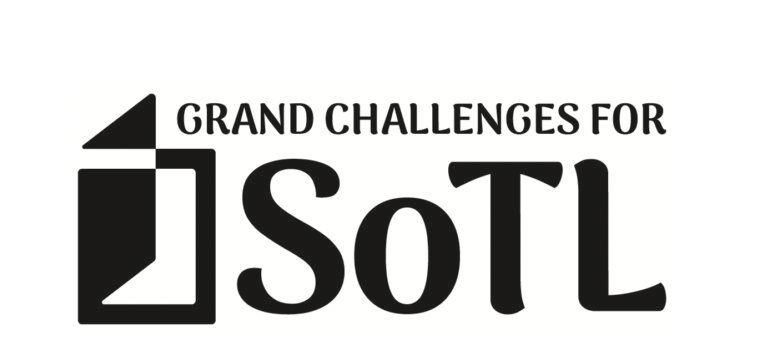Jonathan Shaw
We often assume that the widespread use of captions in educational videos is beneficial for learning, especially with new technology highlighting individual words. But is this assumption supported by evidence? This article delves into the surprisingly scarce research on same-language captions for K-12 neurotypical students, revealing that most studies don't meet rigorous standards and often rely on unreliable self-reports. Furthermore, it explores how Meyer's redundancy principle suggests that captions might actually increase cognitive load and interfere with learning.
To understand why we should be wary of claims that "captions benefit everyone" and what the current evidence truly suggests, read the full article.































